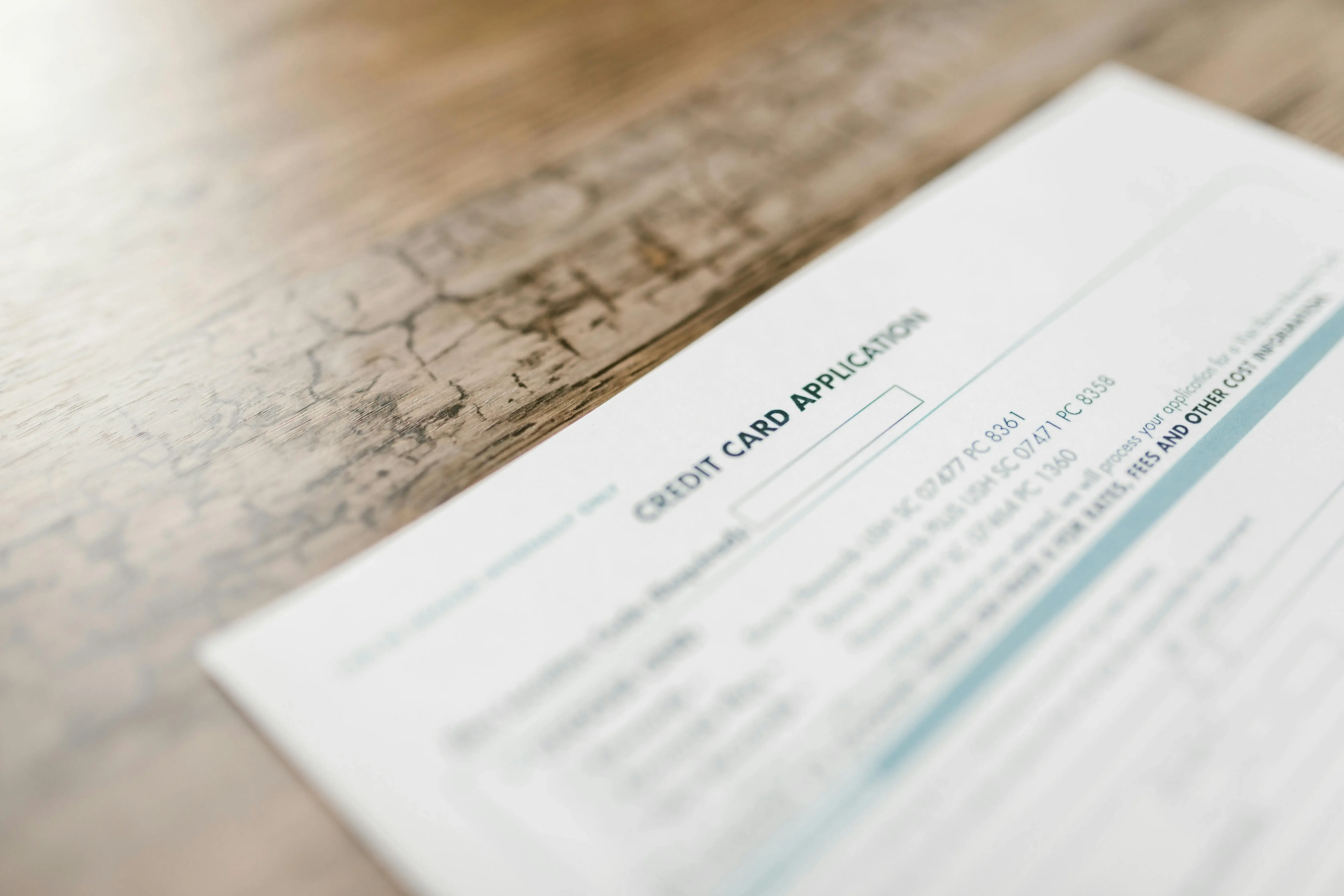
Kudos has partnered with CardRatings and Red Ventures for our coverage of credit card products. Kudos, CardRatings, and Red Ventures may receive a commission from card issuers. Kudos may receive commission from card issuers. Some of the card offers that appear on Kudos are from advertisers and may impact how and where card products appear on the site. Kudos tries to include as many card companies and offers as we are aware of, including offers from issuers that don't pay us, but we may not cover all card companies or all available card offers. You don't have to use our links, but we're grateful when you do!
Does Moving House Affect Your Credit Score?
July 1, 2025


Quick Answers
The act of moving house itself does not directly impact your credit score, as your credit history is linked to you personally, not your address.
Failing to register on the electoral roll at your new address can complicate identity verification for lenders, potentially affecting future credit applications.
Your score can be indirectly affected if mail is sent to your old address, causing you to miss payments that are then reported to credit agencies.
What Does It Mean to Move House?
Moving house is the process of relocating your primary residence from one dwelling to another. This typically involves packing all of your personal belongings, arranging for their transportation, and then unpacking and organizing them in your new space. Beyond the physical logistics, moving also requires a significant administrative effort to update your personal information across various services and accounts.
This administrative task is crucial because your registered address is linked to your financial identity and credit history. Failing to update your address with lenders and creditors can result in missed statements and bills sent to your old home. Consequently, any resulting late or missed payments can be reported to credit bureaus, which may lower your credit score.
How Moving House Can Affect Your Credit Score
Contrary to popular belief, simply changing your address will not directly impact your credit score. However, several financial activities common during a move can indirectly cause your score to dip.
Hard Credit Inquiries: Applying for a mortgage or a significant personal loan to cover moving expenses typically requires a lender to perform a hard inquiry on your credit report, which can cause a temporary drop in your score.
Increased Debt and Utilization: Taking on a new mortgage or using credit cards for moving-related purchases increases your overall debt. This can raise your credit utilization ratio, a key factor that can negatively affect your score.
Administrative Oversights: If you forget to update your mailing address with all your creditors, you might miss a bill. A single late payment can have a significant and immediate negative impact on your credit history.
Closing Older Accounts: You might close utility or store credit accounts linked to your old address. Closing older credit accounts can reduce the average age of your credit history, which can also lower your score.
How Much Will Moving House Affect Your Credit Score?
While moving itself doesn't directly lower your credit score, several related activities can have an impact. Here are a few key factors to keep in mind during your move to protect your financial health.
- Address Mismatches. Lenders use your address to verify your identity when you apply for credit. Inconsistent addresses across your accounts can lead to application rejections, which can affect your score.
- New Credit Applications. Applying for a mortgage or loans for moving expenses results in hard inquiries on your report. Each inquiry can cause a small, temporary dip in your credit score.
- Missed Payments. If bills are sent to your old address, you might miss a payment due date. Late payments can significantly harm your credit score and stay on your report for years.
How You Can Avoid Moving House Affecting Your Credit Score
Update Your Address Promptly
Inform all your creditors—banks, credit card companies, and loan providers—of your new address as soon as possible. This ensures you receive statements on time, helping you avoid missed payments that could negatively impact your credit score and result in late fees.
Register on the Electoral Roll
Once you've moved, register to vote at your new address. Lenders use the electoral roll to confirm your identity and address. Being registered can make you seem more stable to lenders, which can be beneficial for future credit applications and your overall score.
Check Your Credit Report
After settling in, check your credit reports from all major credit reference agencies. Look for any inaccuracies, such as old addresses or fraudulent activity. Correcting errors quickly helps maintain a healthy and accurate credit history during your transition to a new home.
Choose the Right Card to Moving House
No matter your current standing, improving your credit score is an achievable goal with consistent, positive financial habits. Meaningful changes can often be seen within three to six months by taking a few strategic steps.
- Monitor your credit reports. Regularly check your reports from all three major bureaus to identify and dispute inaccuracies that could be dragging down your score.
- Set up automatic payments. Your payment history is the most significant factor in your score, so automating payments helps ensure you never miss a due date.
- Reduce your credit utilization ratio. Aim to keep your balances below 30% of your total available credit, as high utilization can signal risk to lenders.
- Become an authorized user. Being added to a credit card account with a strong payment history and low utilization can give your score a helpful boost.
- Diversify your credit mix. Lenders prefer to see a healthy mix of credit types, such as revolving credit from cards and installment loans like a car payment.
The Bottom Line
Moving house doesn't directly lower your credit score. However, actions taken during the move, such as applying for new credit or missing payments, can have a negative impact.
Frequently Asked Questions
Will a soft credit check for a new rental application hurt my score?
No, soft inquiries for things like rental applications or setting up new utilities will not impact your credit score. Only hard inquiries can cause a temporary dip.
How long does it take for my new address to update on my credit report?
It can take one to two months for your new address to appear on your credit report after you've updated it with your creditors and the post office.
Does having multiple addresses on my credit report look bad?
No, having previous addresses listed is normal and doesn't negatively affect your score. It's part of your credit history and helps verify your identity.
Unlock your extra benefits when you become a Kudos member

Turn your online shopping into even more rewards

Join over 400,000 members simplifying their finances

Editorial Disclosure: Opinions expressed here are those of Kudos alone, not those of any bank, credit card issuer, hotel, airline, or other entity. This content has not been reviewed, approved or otherwise endorsed by any of the entities included within the post.


































.webp)
.webp)



.webp)



